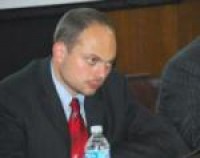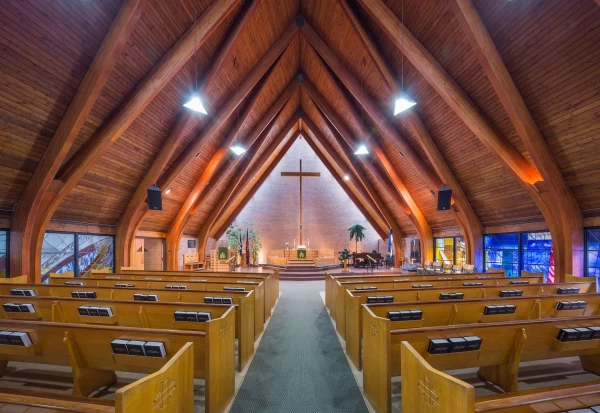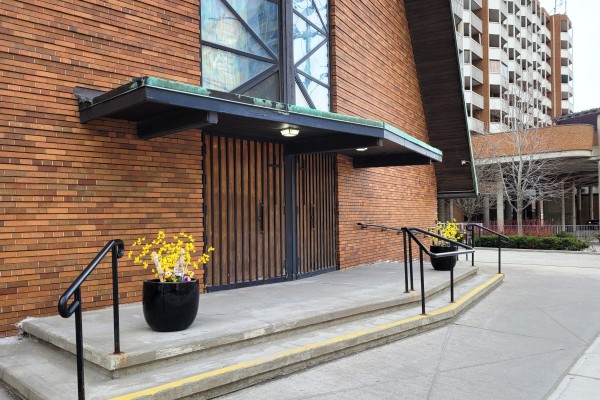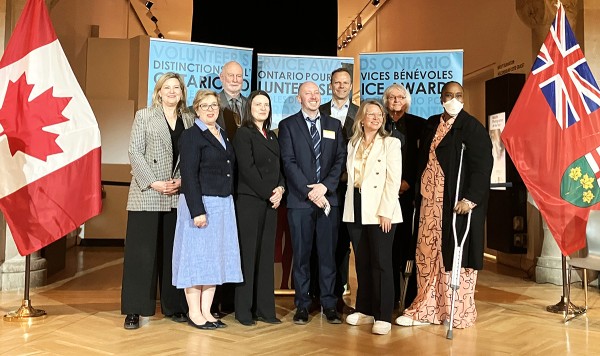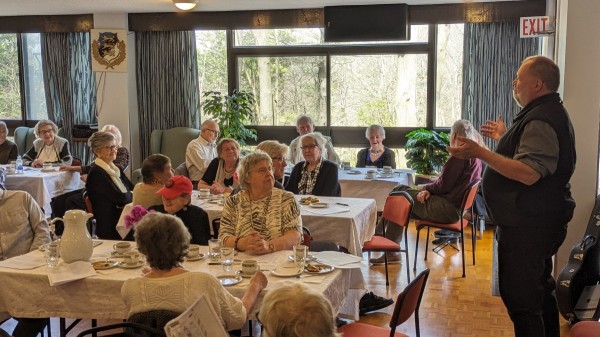https://www.washingtonpost.com...
By Vladimir Kara-Murza
Russia’s next parliamentary election may be two years away, but the campaigning has already started. In the closing days of November, the Kremlin effectively launched the campaign with two actions that sum up its political style. While on one side of Moscow the ruling United Russia party held a lavish congress parading state officials from all over the country, on the other an opposition party led by a key Kremlin opponent received notice of its impending suspension.
United Russia’s congress coincided with its 20th anniversary, although party leaders were careful to avoid any reference to its origins — and especially to its founding father. Unity, as it was called then, was hastily created in the fall of 1999 as the brainchild of Boris Berezovsky, a powerful oligarch who played a key role in Vladimir Putin’s rise to power. He would later become Putin’s sworn enemy and end his days in exile.
It was Berezovsky who chose a bear as the party’s official mascot. In a major political upset, Unity won a majority of parliamentary seats, along with its local allies, in the December 1999 election, upstaging its more established rivals, including the Communists and the bloc of former prime minister Yevgeny Primakov. Eleven days after that victory, President Boris Yeltsin resigned from office, leaving Putin as his successor.
Although Unity was later rebranded as United Russia, it kept the bear as its symbol. The same emblem conceived by Berezovsky in 1999 adorned the stage of the latest party congress as Putin and Dmitry Medvedev, his prime minister and party chairman, laid out their plans for the 2021 parliamentary election. “We must make sure that by 2021 no doubts remain in voters’ minds about our veracity and the justness of our cause,” Medvedev told some 2,000 delegates. In a democratic system, this would sound like a commonplace political slogan; in Putin’s authoritarian regime, it comes across as a threat.
Days after Putin’s party held its congress, the justice ministry notified Civic Initiative, a small but officially registered opposition party, that it was launching a procedure to suspend the party’s registration, cutting off its access to the ballot in 2021. “This was expected,” said Dmitry Gudkov, the party’s de facto leader and a former opposition lawmaker in the Russian parliament. “If they didn’t allow us to run for the Moscow City Duma this past summer, it’s obvious they don’t want us to be on the ballot going forward.”
He added that the party was planning to use the 2021 election to “aggregate the forces of protest” and nominate prominent opposition leaders, including former Yekaterinburg mayor Yevgeny Roizman, as its candidates. Government sources indicated it was the prospect of Roizman’s candidacy that prompted the ministry’s move. The outspoken politician who was the last popularly elected leader of Russia’s fourth-largest city — before mayoral elections were done away with altogether — has long been a thorn in the Kremlin’s side. His participation in the campaign would have made it more difficult for United Russia to assuage the “doubts” Medvedev and other party leaders are so worried about.
There is nothing new in the Kremlin’s strategy. One of the primary means of maintaining the regime’s dominance has been the elimination of opponents from the ballot. Their number includes former prime minister Mikhail Kasyanov in 2008, opposition leader Boris Nemtsov’s People’s Freedom Party in 2011 and anti-corruption campaigner Alexei Navalny in 2018 (not to mention many candidates at the local level).
There is an inescapable irony in the fact that a regime that claims to be so popular among its citizens is so afraid of facing competition at the ballot box. Lately, even the lack of opposition has not saved United Russia from humiliating losses, as happened in September’s legislative election in Moscow. After real opponents were barred from the ballot, many voters chose to back literally anyone as long as they weren’t the pro-government candidate. There comes a point for every authoritarian regime when no amount of coercion can hide its faltering fortunes — and it appears that for Putin’s, that point is fast approaching.
For all of its administrative shenanigans, however, the Kremlin may still face competition in 2021. Last week, prominent opposition politician Lev Shlosberg announced his bid for the leadership of Yabloko, Russia’s long-established liberal party. A regional lawmaker in the country’s northwest, Shlosberg first rose to national prominence with his vocal opposition to the law that banned adoptions of Russian orphans by U.S. citizens (the Kremlin’s response to the Magnitsky Act.). He was also the first person to provide concrete evidence of the presence of regular Russian troops in eastern Ukraine, something the Kremlin had been vehemently denying.
After being stripped of his mandate in the regional parliament, he won it back in the subsequent election. “We are showing everyone that we exist,” Shlosberg said in announcing his bid before this month’s party congress. “We remain true to our values … and we are not afraid to take responsibility not only for this party, but for our country as well.” If Shlosberg is successful, the Kremlin’s pre-approved scenario for 2021 may yet have room for surprises.
Putin’s ruling party is gearing up for elections two years away. What’s it so afraid of?
Rahvusvahelised uudised | 05 Dec 2019 | EWR
Rahvusvahelised uudised
TRENDING






